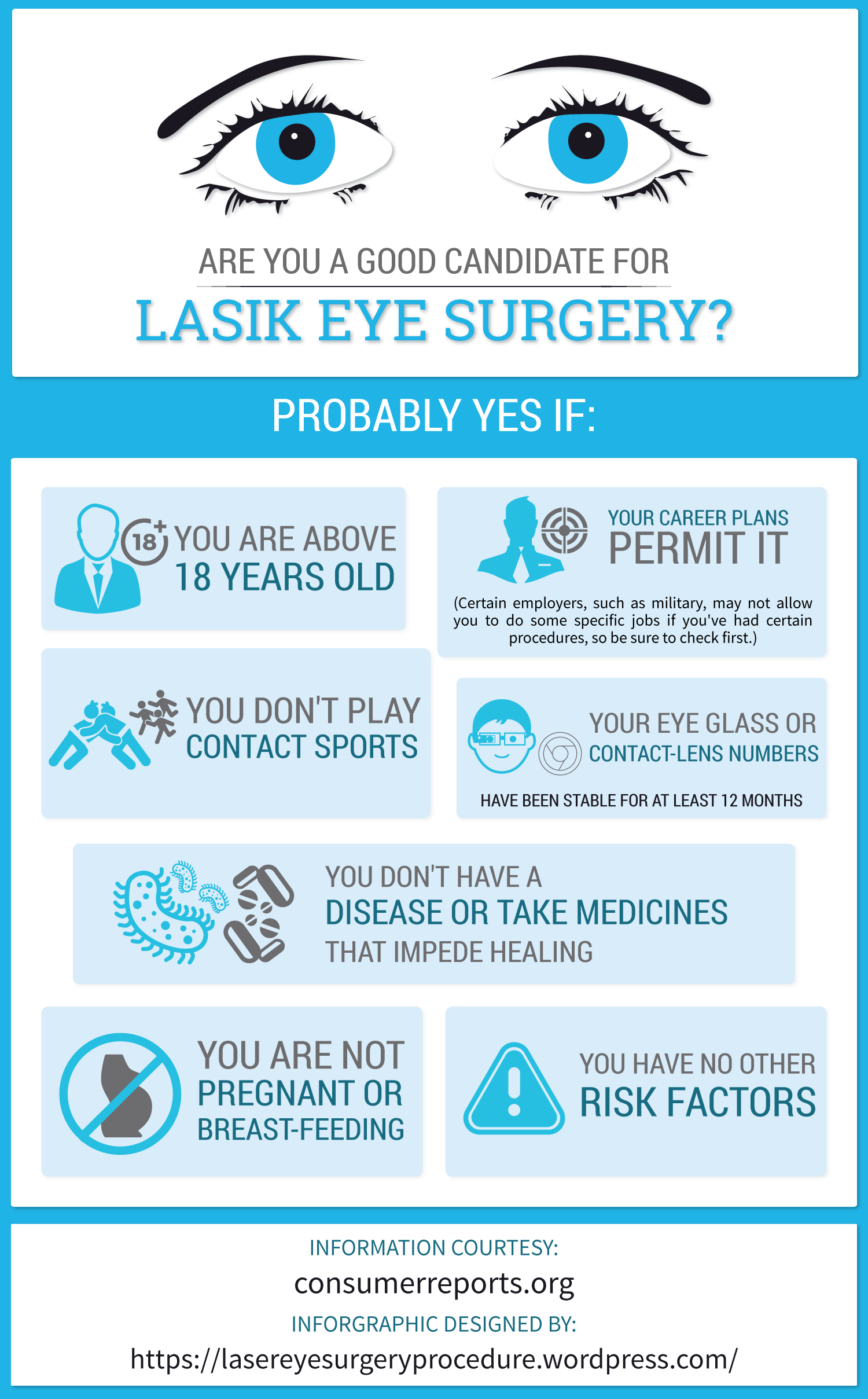The All-Encompassing FAQ On Refractive Lens Exchange: Essential Information You Need To Know
The All-Encompassing FAQ On Refractive Lens Exchange: Essential Information You Need To Know
Blog Article
Personnel Author-Miller Huynh
If you're considering refractive lens exchange, you probably have a great deal of questions. This procedure might change how you see the world, using advantages like reduced reliance on glasses. Nonetheless, it's necessary to comprehend the process, risks, and that certifies as a great candidate. Allow's check out these vital elements so you can make an educated choice about whether RLE is right for you.
What Is Refractive Lens Exchange and How Does It Work?
Refractive lens exchange (RLE) is an operation made to change your eye's all-natural lens with a fabricated one, correcting vision concerns like nearsightedness, farsightedness, or presbyopia.
Throughout the treatment, your doctor makes a small cut in the eye, removes your all-natural lens, and inserts an intraocular lens (IOL) tailored to your vision needs. This outpatient surgical procedure commonly takes about 15 to half an hour per eye and is carried out under regional anesthetic.
You'll likely notice renovations in your vision virtually promptly, though total recovery might take a couple of weeks. RLE is particularly useful for those over 40 or with high prescriptions, offering a long-lasting option contrasted to glasses or call lenses.
Your eye care specialist can help determine if RLE is right for you.
What Are the Perks and Risks of Refractive Lens Exchange?
Picking refractive lens exchange can result in substantial enhancements in your vision, but it is necessary to weigh both the advantages and risks prior to making a decision.
On the bonus side, this treatment can boost your eyesight by correcting problems like presbyopia, myopia, and hyperopia. Numerous clients enjoy lowered dependence on glasses or get in touch with lenses, which can considerably enhance their lifestyle.
Nonetheless, it's important to consider potential dangers. Complications can include infection, glare, or halos around lights.
There's likewise https://click4r.com/posts/g/20373647/recognizing-lasik-surgical-treatment-prices-assessing-the-worth-of-yo of overcorrection or undercorrection, which might require extra procedures.
That Is a Suitable Prospect for Refractive Lens Exchange?
If you're thinking about refractive lens exchange, it is essential to understand whether you fit the profile of an excellent candidate. Usually, you may be an excellent prospect if you're over 40, experience presbyopia, or have high levels of nearsightedness or farsightedness.
It's likewise important that your vision is stable, indicating your prescription hasn't altered significantly in the past year. If you have cataracts or other eye conditions, you might gain from this treatment as well.
However, particular aspects, like unrestrained diabetes or autoimmune illness, might disqualify you. To identify https://www.health.harvard.edu/diseases-and-conditions/are-you-at-risk-for-a-secondary-cataract , consult with an eye care professional who can assess your certain circumstance and advise the most effective course of action customized to your demands.
Conclusion
In conclusion, refractive lens exchange can be a transformative choice for improving your vision, particularly if you more than 40 or have a high prescription. While the advantages are substantial, it's vital to consider the dangers and consult with your eye treatment expert to figure out if you're a perfect candidate. With the appropriate info and advice, you can make an informed choice and perhaps delight in a life with reduced dependancy on glasses.
